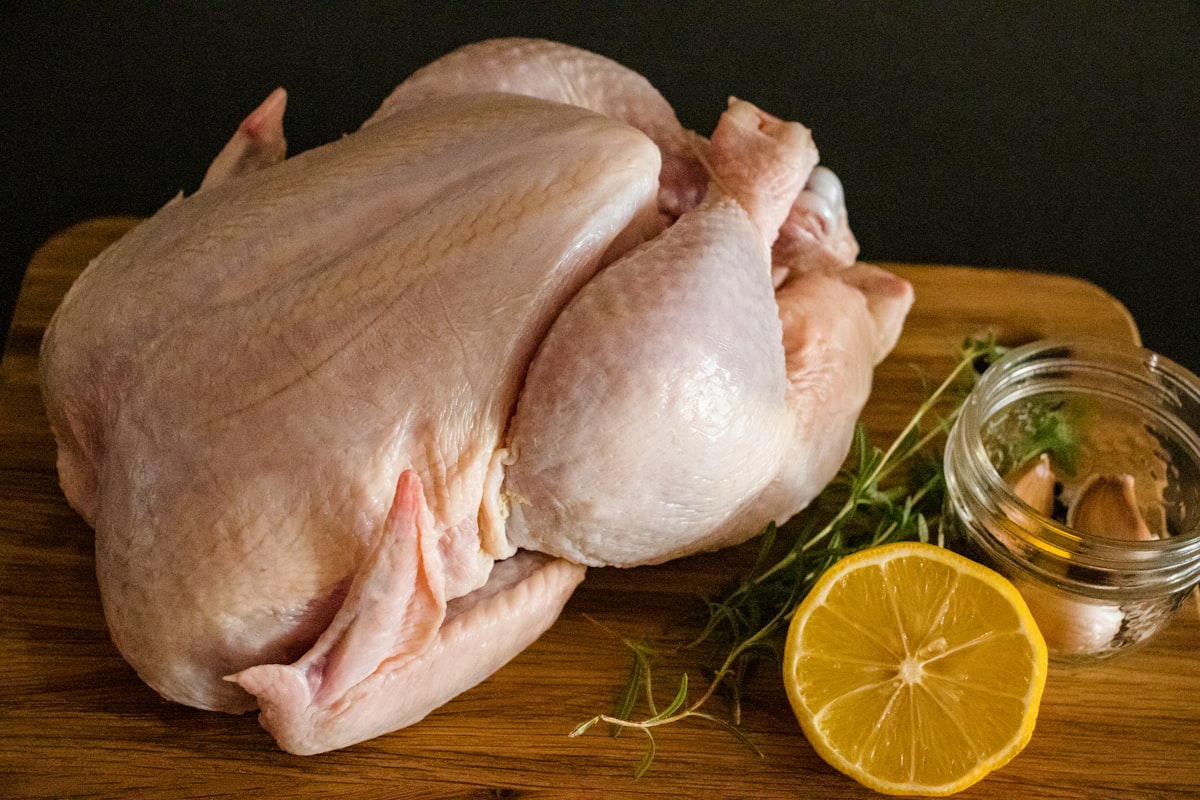Hormone treatment for chickens for human consumption, myth or reality?
In Mexico, the chicken meat available in the formal market (domestically produced or imported) does not contain synthetic hormones that could imply a potential risk to our health. Rather, we can take advantage of the benefit of its nutritional quality as part of our diet.

The production and consumption of poultry meat in the world are second only to pork, with an annual growth rate of around 1.2%. In the case of Mexico, chicken meat ranks first, with an estimated per capita consumption of 34 kg in 2020. Chicken meat has a lower intramuscular fat content than pork and beef, its protein is highly digestible and it is a good source of minerals and some B-complex vitamins, which, together with its accessible price, make it a consumer favorite.
However, despite the nutritional benefits of this meat source, we sometimes hear or read information, mainly on social networks, about chickens being "injected with hormones" to accelerate their growth, which is presumed to represent a health risk for the consumer.
These comments are based on the fact that in poultry farming in the fifties of the last century because male birds for meat production were slow-growing, diethylstilbestrol (DES), a synthetic compound with estrogenic activity, was used for some years, which in addition to causing hormonal castration, accelerated the growth of the bird. DES has been banned for use in animal production for many years, due to evidence of its high residual activity in animal tissues.
The current poultry production system is highly efficient, thanks to the level of technification and the strict sanitary and preventive medicine programs, in addition to nutritional management. Moreover, in particular, the poultry fattening system for meat uses commercial lines of genetically improved animals, which reach live weight for marketing when they are between six and seven weeks old. The level of natural somatotropic hormones that promote bird growth is at its peak in these first weeks of life. Therefore, in this short feeding period, the use of synthetic hormones would not be profitable.
It is important to mention that in Mexico and other Latin American countries the use of antibiotic growth promoters (APC) is still allowed in broiler production. These APCs are used in subtherapeutic doses, since they improve feed conversion, nutrient digestibility, and, therefore, animal weight gain. Within the indications for use, it is established that they should stop being administered a few days before the animal is slaughtered, to ensure that no residues of these products appear in the meat. However, due to consumer concern for their health and the possible side effects that these APCs may cause, many countries have established legislation prohibiting their use in poultry farming.
Currently, there are already several alternatives to the use of APCs, which are more frequently used in broiler feeding; among them, we can mention probiotics, prebiotics, organic acids, and pure compounds or mixtures of extracts obtained from plants, which have been shown to have beneficial effects in promoting animal growth, without representing any type of risk for the consumer. Therefore, we can mention that the chicken meat available in the formal Mexican market (nationally produced or imported) does not contain synthetic hormones that could imply a potential risk to our health. On the contrary, we can take advantage of the benefit of its nutritional quality as part of our diet.
Source: Humberto González Ríos, researcher and head of the Coordination of Food Technology of Animal Origin at CIAD.




